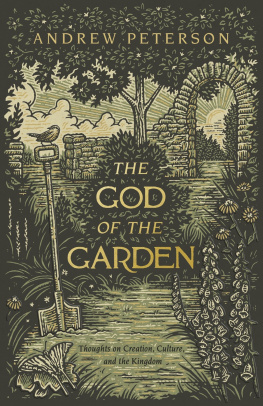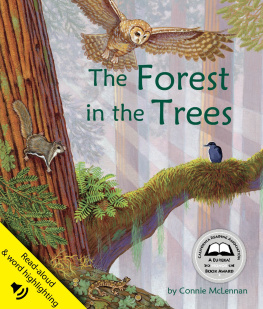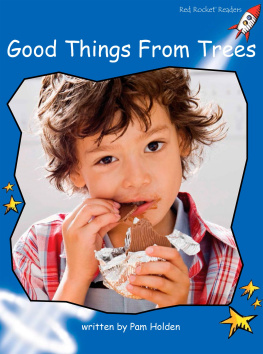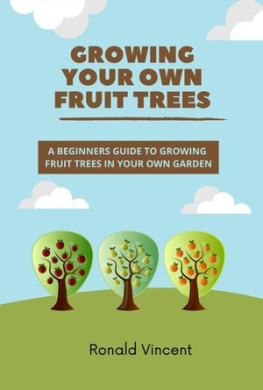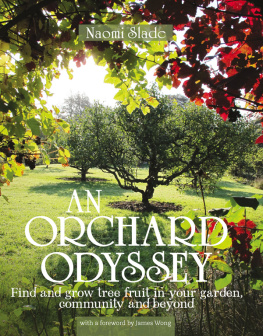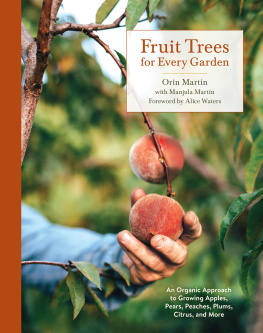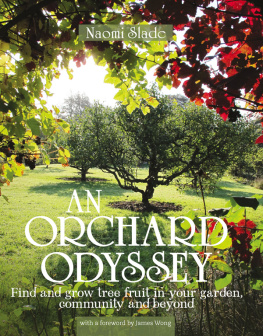
Copyright 2021 by Andrew Peterson
All rights reserved.
Printed in the United States of America
9781087736969
Published by B&H Publishing Group
Nashville, Tennessee
Dewey Decimal Classification: 248.84
Subject Heading: CHRISTIAN LIFE / PRAISE OF GOD / WORSHIP
Unless otherwise noted, all Scriptures are taken from New International Version, NIV copyright 1973, 1978, 1984, 2011 by Biblica, Inc. Used by permission. All rights reserved worldwide.
Scripture references marked esv are taken from the English Standard Version. ESV Text Edition: 2016. Copyright 2001 by Crossway Bibles, a publishing ministry of Good News Publishers.
Cover design and illustration by Stephen Crotts. Chapter illustrations by Andrew Peterson.
The William Wordsworth quote at the beginning of each chapter is taken from the poem, Ode: Intimations of Immortality from Recollections of Early Childhood.
Poems by Shig Clark (pages 139140) and Pete Peterson (pages 141143) are used by permission of the writer.
1 2 3 4 5 6 7 25 24 23 22 21
For Art and Janis Peterson
Who impressed on me the words of the Lord, talked about them when they were sitting in their house, when they were walking by the way, when they were lying down and rising up. They also planted trees.
And calling to him a child, he put him in the midst of them and said, Truly, I say to you, unless you turn and become like children, you will never enter the kingdom of heaven. Matthew 18:23 ( esv )
I
welcome to the chapter house
The Child is father of the Man;And I could wish my days to be Bound each to each by natural piety.
William Wordsworth
T his is a story about place.
Its fitting, then, that the whole of this book was written in one place, surrounded by the same walls, the same smells, the same creaks and quirks and comforts. Because of my job, Ive done a lot of traveling, so most of my songs and stories were written in all manner of places: coffeehouses, church fellowship halls, green rooms, airplanes, park benches, and recording studios. Ive spent much of the last twenty-five years on the move. Due to COVID-19, early 2020 had me literally and figuratively grounded in a way that allowed me forced meto work in place: slowly, rhythmically, without the frantic pace to which I had grown accustomed. I had to exercise my imagination, casting thoughts far and wide, thoughts creeping like ivy beyond the confines of this place to other places in the distant past and the distant future, traveling not on an airplane or in a tour bus but in the pages of books and the memories kept by photographs.
Several weeks into the spring lockdown, as Jamie and I drifted off to sleep, I realized that I had spent more consecutive nights in my own bed than I had in more than twenty years. I was so happy. Yes, there were financial concerns; yes, there was a simmering anxiety brought on by that awful virus; yes, death and tragedy seemed to be ripping the world apart at the seams; yes, there were things we wanted to do but couldnt. But I had never, since 1997 when we moved to Nashville, been home with my bride for every day of spring. I had never witnessed, from home, the way Lent blossomed into Easter. Nor had I ever been present for each heady day of high summer or its withering into the blaze of autumn. Certain birds came to the feeder at certain times. On walks to the lower pasture I came to expect the white flash of rabbits bounding into the brush in certain places. Among the many deer that passed through, one orphaned fawn hung around for weeks, brazenly grazing the patch of corn just beyond our car. I learned to spot box turtles standing frozen in the weeds and eyeing me with their severe yellow irises near the seasonal stream. The field of wildflowers lured butterflies and gold finches. The bees provided fifty pounds of honey. The pear tree produced, at last, exactly one edible pear. We got bowl after bowl of blueberries, raspberries, and strawberries, harvested on dewy mornings as the sun crested the hill. The chickens provided eggs; the raised beds provided kale and onions and cucumbers. And the cottage garden out front, with someone to tend it on a daily basis, exploded with firework displays of tulips, hyacinths, foxgloves, yarrow, coneflowers, delphiniums, catmint, Russian sage, hollyhocks, geraniums, lupines, and asters. The whole of the property seemed to enjoy being cared for by this amateur gardener tromping about. It responded favorably to me, and I to it. In short, I had never been so intimately connected to Placeto this place we call The Warren, utterly unique in all the wide world.
When we moved here about fourteen years ago, I dreamed that one day Id find a way to build a little writing cabin. We homeschooled our kids (which really means Jamie homeschooled our kids), so it was difficult to find a quiet place in the house to write. Life was busy and money was tight, so building something was out of the question. I managed by working on books at the local coffeehouse and songs in our living room late at night after everyone else had gone to bed. Of the songs I wrote at home over the years, 99 percent of them were composed between midnight and 4:00 a.m. Then about five years ago, a friend came to visit from out of town. We gave her a tour of the property, and at the end she asked me, But where do you work? We laughed. I told her that I hoped to build a place someday, but we couldnt afford it. It was clear that her wheels were turning. A few weeks later we got a check in the mail, along with a note that read, This is for the foundation. Get started.
She knew that if I just took the leap and poured the footers, Id find a way to finish. She was right. Thanks to the help of several generous people, about a year later I completed construction on this little writing cottage called the Chapter House. I found an old $400 piano on Craigslist and settled it in the corner, and the first day I sat down to work on a song, I bowed my head and cried with thanksgiving. In this place called Nashville theres a place called The Warren. And here at The Warren, just beyond the stone arch and the bed of tulips, theres a place called the Chapter House. Thats where every sentence of this book was written.

The walls are insulated with books and hung with pictures. Theres the painting I picked up in Nome, Alaska. Theres the watercolor of St. Francis my son made for me. There on the piano sits the statue of Janner and Kalmar Wingfeather, a gift from my sculptor friend Scott. Theres a drawing table in the corner where I sketch trees. Next to the piano, a guitar with elvish inlay hangs on the wall. Below the window is an antique oaken kneeler from England, where I light a candle and pray on my better days. Theres not a single day that I dont give thanks to God for this place within a place within a place that I love.
The better part of the Chapter House is made of trees. The ceiling, the floor, the front door, the bookshelves, the drawing table, the mantel, and the pine frame were once living trees. That means something. What also makes a house meaningful is the stories that it houses. Our bodies need a place to live, and the places we live need bodies to inhabit them. Humans were created to care for the world, and the world was created to be cared for. This story about place is framed by trees, but it isnt just about trees. Trees are the framework by which these stories were written and understoodand if not understood, then at least explored. The trunks of several of the big trees here at The Warren bear 2x4 planks which were hammered in by my children, one over another, so they could reach the upper branches. The chapters in this book are like those 2x4s, made of trees and affixed to trees in order to reach the wondrous world of the overstory, and also to get a new and enlightening glimpse of the ground.
Next page
